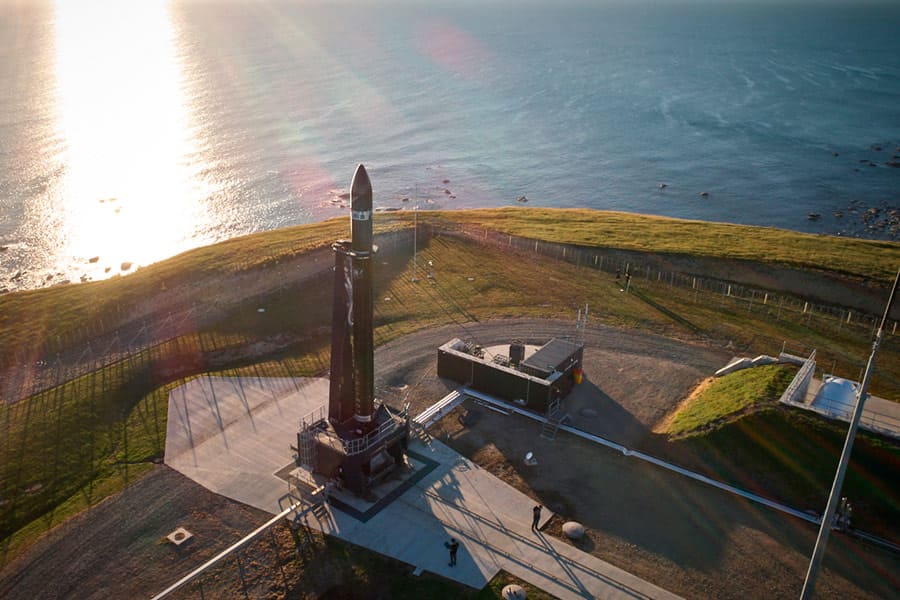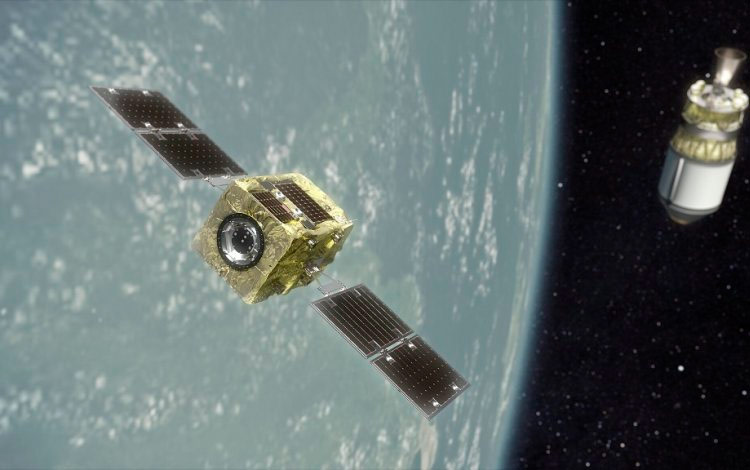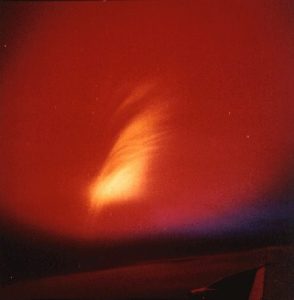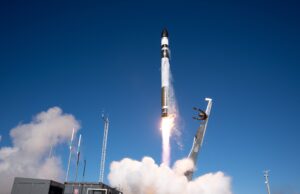Rocket Lab Set to Launch Multiple Satellites in November with Electron
29th Oct 2021
From 11th to 24th November 2021, ushered in a two-week launch window for Rocket Lab’s Electron. Another mission will follow that. It will be the company’s 23rd launch. Both events will take place on the Launch Complex 1 in New Zealand.
The purpose of these two events involves deploying Gen-2 satellites into Lower Earth orbit (LEO). The two satellites belong to Black Sky and are part of its fast-growing global monitoring and geospatial constellation.
The 22nd and 23rd missions are part of the partnership between Spaceflight Inc and Rocket Lab for multiple events. A third mission will take place later to deploy two additional satellites. The Rocket Lab company has committed various events to one enterprise, counting the successful launch back in March.
Black Sky Scaling High Resolution with Multi-launches through Rocket Lab’s Electron

The numerous events have the purpose of improving Black Sky’s high-resolution Earth-imaging constellation. This will, in turn, benefit numerous industries across the world, such as transport, defence, use of land, humanitarian aid, and supply chain. Such industries play huge roles in the way the world functions.
According to Rocket Lab’s CEO, Electron’s high-speed works for its clients. The company has managed to corner the small launch industry and work with Black Sky to increase its constellation. The multiple events are a significant marker for the efficiency and timely delivery of each payload.
Rocket Lab is dedicated to delivering an assured service to its customers. This will ensure they meet their targets and deliver services as required, including infrastructure development. The Electron is set to carry the multiple payloads to join the constellation on LEO.






Thank you for your comment! It will be visible on the site after moderation.